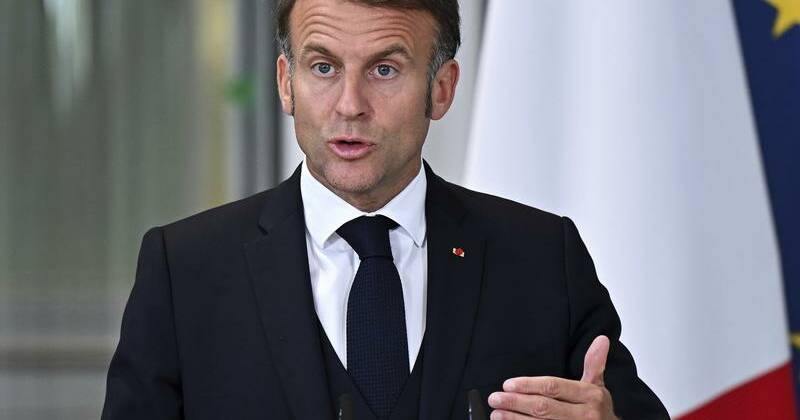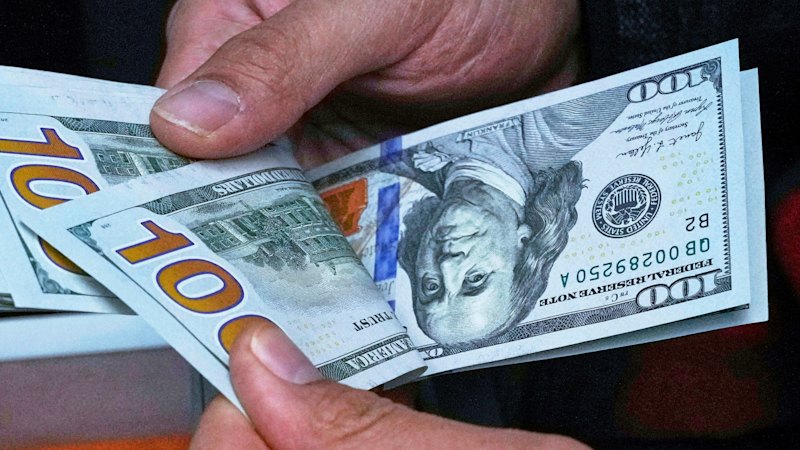
French President Emmanuel Macron has officially announced that France will recognize Palestinian statehood, a move that has sparked strong criticism from both Israel and the United States. This decision positions France as the first major Western nation to adopt such a stance, following the recognition by Spain, Ireland, and Norway in the previous year. Macron intends to make a formal announcement during the upcoming United Nations General Assembly scheduled for next month.
In a letter addressed to Mahmoud Abbas, President of the Palestinian Authority, Macron expressed France’s commitment to advancing recognition and encouraged other nations to do the same. The decision is largely symbolic but serves to highlight Israel’s increasing isolation on the international stage amid ongoing tensions in Gaza.
Significance of the Decision
The recognition of Palestinian statehood marks a notable shift in diplomatic relations, particularly in the context of the recent conflict in Gaza. Macron’s initiative appears to be timed strategically, coinciding with a UN conference co-hosted by France and Saudi Arabia aimed at garnering support for Palestinian statehood. This could influence other nations considering similar recognition or those currently undecided.
Israeli officials had lobbied intensively against this shift, fearing it could severely damage bilateral relations. They reportedly warned France that the move might jeopardize intelligence-sharing agreements and complicate Paris’s regional diplomatic efforts. Some Israeli sources even hinted at potential annexation of parts of the West Bank in response.
Global Reactions and Potential Ripple Effects
Reactions to Macron’s announcement have been swift. Benjamin Netanyahu, Prime Minister of Israel, condemned the decision, labeling it as one that “rewards terror” and risks establishing an Iranian proxy in the region. Meanwhile, Marco Rubio, U.S. Secretary of State, expressed strong disapproval, asserting that the recognition only aids Hamas propaganda and undermines peace efforts.
On the other hand, the Palestinian Authority welcomed Macron’s decision, with Vice President Hussein Al Sheikh stating that it exemplifies France’s commitment to international law and support for Palestinian self-determination.
The implications of France’s recognition extend beyond immediate diplomatic relations. It may embolden other countries, particularly within the European Union, to reconsider their positions on Palestinian statehood. Nations such as Malta and Belgium could be the next to follow suit, further pressuring larger states like the UK, Germany, Australia, Canada, and Japan to take a stance.
Historically, around 144 of the 193 United Nations member states recognize Palestine as a state, with most support coming from the Global South, along with significant backing from countries like Russia, China, and India. The UN General Assembly notably upgraded Palestine’s status to “non-member state” in November 2012, reflecting a growing international acknowledgment of Palestinian claims.
As the diplomatic landscape evolves, the decision by France to recognize Palestinian statehood is likely to provoke further debate and actions among global leaders, reshaping the dynamics of international relations in the process.







